Speeches Shim

The U.S. Agency for International Development (USAID) has designed a new activity aimed at improving the health and well-being of poor, urban adolescents using a new, inclusive “co-creation” method to better understand the challenges young people face in leading healthy and productive lives. The result was the five-year, $15 million award of the Youth-powered Ecosystem to Advance Urban Adolescent Health and Well-being activity to DAI Global, which will lead a group of specialized local partners to establish and strengthen a network of “youth hubs” in the state capitals of Lagos and Kano.
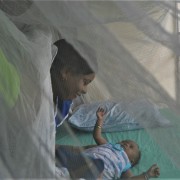
The 14th Annual Report of the U.S. President’s Malaria Initiative (PMI), which will be released today in conjunction with World Malaria Day, indicates that child death rates have decreased in Nigeria by 16 percent since 2010 when the United States began providing malaria control support to the country. During the same period, malaria prevalence has decreased by almost half – from 42 percent in 2010 to 23 percent – according to Nigeria’s most recent National Demographic and Health Survey.
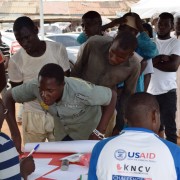
On World TB Day 2020, the U.S. Agency for International Development (USAID) announced the establishment of “local organizations networks” that will seek to drastically increase the level of tuberculosis (TB) cases detected and treated in Nigeria over the next five years. The networks, funded at $45 million are divided into three regions covering 18 states where data show the burden of TB to be highest. “With these new awards, USAID is making a major commitment to reducing and ultimately eradicating TB in Nigeria,” USAID Mission Director Stephen M. Haykin said of the new network.
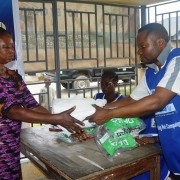
At a ceremony held June 6, the United States handed over 2.3 million long lasting insecticide treated mosquito nets in Cross River state as part of its comprehensive effort to control malaria across Nigeria. The donation was made possible through the U.S. President’s Malaria Initiative (PMI) and jointly implemented by the U.S. Agency for International Development (USAID) and the Centers for Disease Control and Prevention (CDC).
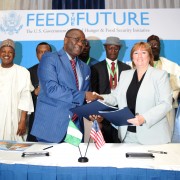
On July 18, the governments of the United States and Nigeria jointly signed a declaration of partnership to launch a five-year Feed the Future Nigeria Country Plan to increase investments in food security, build greater resilience, and improve household nutrition in the country.
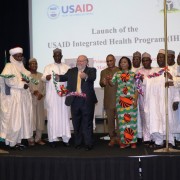
On June 18, the U. S. Agency for International Development (USAID) launched a new flagship health activity that will help five states in Nigeria improve access to primary health care services, essential commodities, and increase demand for services.
Over the last four years, the U.S. Agency for International Development (USAID) through its Engaging Communities for Peace in Nigeria (ECPN) activity has worked to promote peaceful coexistence between farmers and herders in Nigeria’s Middle Belt states. Implemented by Mercy Corps, ECPN has helped rural communities in Nassawara and Benue states that have recently found themselves at odds due to climate change, rising populations, and competition for dwindling resources.
Abuja – The U.S. Agency for International Development (USAID) has signed a partnership with Nigeria’s Federal Ministry of Health to embrace a new business model to fight tuberculosis (TB). Nigeria’s political commitment to the “Global Accelerator to End Tuberculosis” will update the two countries’ partnership to meet the United Nations’ new TB targets as agreed by heads of state, including President Muhammadu Buhari, at the September 2018 General Assembly High Level Meeting.

The U.S. Agency for International Development (USAID) recently joined Nigeria’s Minister of Health, Prof. Isaac Adewole, to launch the Master Facility List and the Health Facility Registry to improve the quality of health data and health service delivery across the country. The USAID-funded Registry will serve as a vital resource for the country, which will comprise, for the first time, up-to-date information and a comprehensive list – including geographic location, contact information, and services provided – of over 40,000 health facilities across Nigeria.


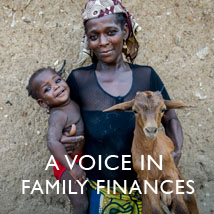
Comment
Make a general inquiry or suggest an improvement.